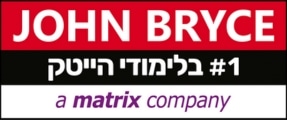.NET is a free, cross-platform, open source developer platform for building many different types of applications.
With .NET, you can use multiple languages, editors, and libraries to build for web, mobile, desktop, games, and IoT.
C# (pronounced “See Sharp”) is a modern, object-oriented, and type-safe programming language. C# enables developers to build many types of secure and robust applications that run in .NET.
C# has its roots in the C family of languages and as such, it will be immediately familiar to C, C++, Java, and JavaScript programmers.
C# is an object-oriented, component-oriented programming language. C# provides a direct support to these concepts, making C# a natural language in which to create and use software components. Since its origin, C# has added features to support new workloads and emerging software design practices. At its core, C# is an object-oriented language. You define types and their behavior.



